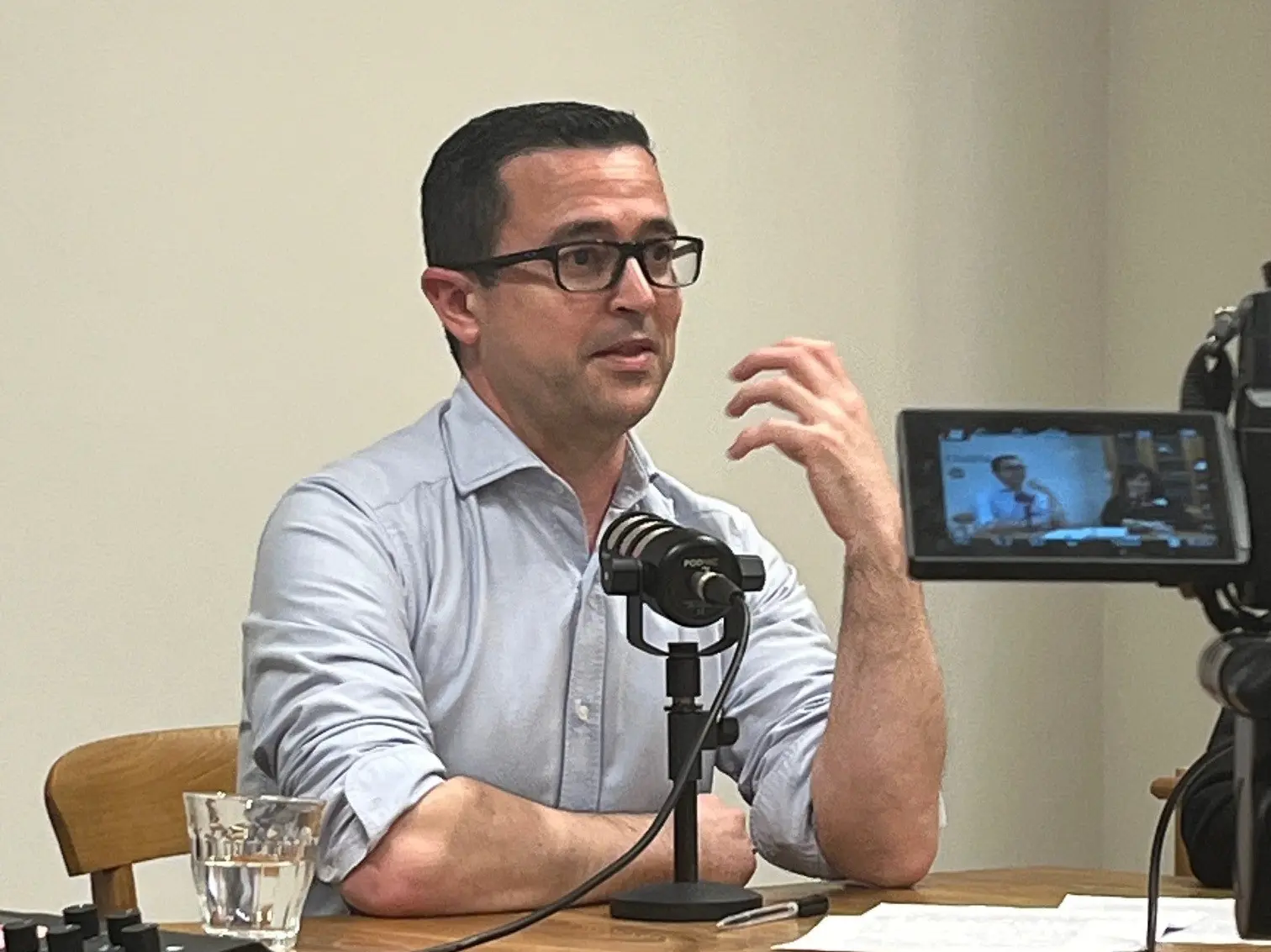
What is your motivation to participate in this project?
As a clinician and researcher in inflammatory bowel disease, I see every day how unpredictable Crohn’s disease can be and how difficult it is to find the right treatment for each patient. Current tools like blood tests, stool markers, or even endoscopy don’t give us clear guidance on who will respond to which therapy. My motivation for collaborating on this project is the opportunity to help move beyond “trial-and-error” medicine and contribute to research that may enable us to personalize treatment from the outset. In my role, I help share the research results in a comprehensible way to a wider audience, promote participation in the clinical trial, and more broadly raise awareness of this promising new field.
What do you think is the biggest challenge in this project?
The biggest challenge is turning complex laboratory findings, such as DNA methylation patterns, into something that can be used in everyday clinical practice. Epigenetic data are highly detailed and influenced by many factors, so distinguishing meaningful signals from background noise requires rigorous science and validation. The step from promising results in the lab to a reliable, easy-to-use test for patients is not straightforward — but it is an essential hurdle we must overcome.
What do you hope this research will bring to the lives of patients with Crohn’s disease?
I hope this research will lead to more precise, personalized care. If we can predict in advance which treatment is most likely to work for a given patient, we can avoid months of ineffective therapy, reduce side effects, and save the costs of ineffective treatment. Ultimately, the goal is to give patients faster relief, better long-term outcomes, and a sense of confidence that their treatment plan is truly tailored to them. From a broader point of view, this study will help us understand the role of epigenetics in individual differences between patients, a key step in a more truly personalized medicine.










